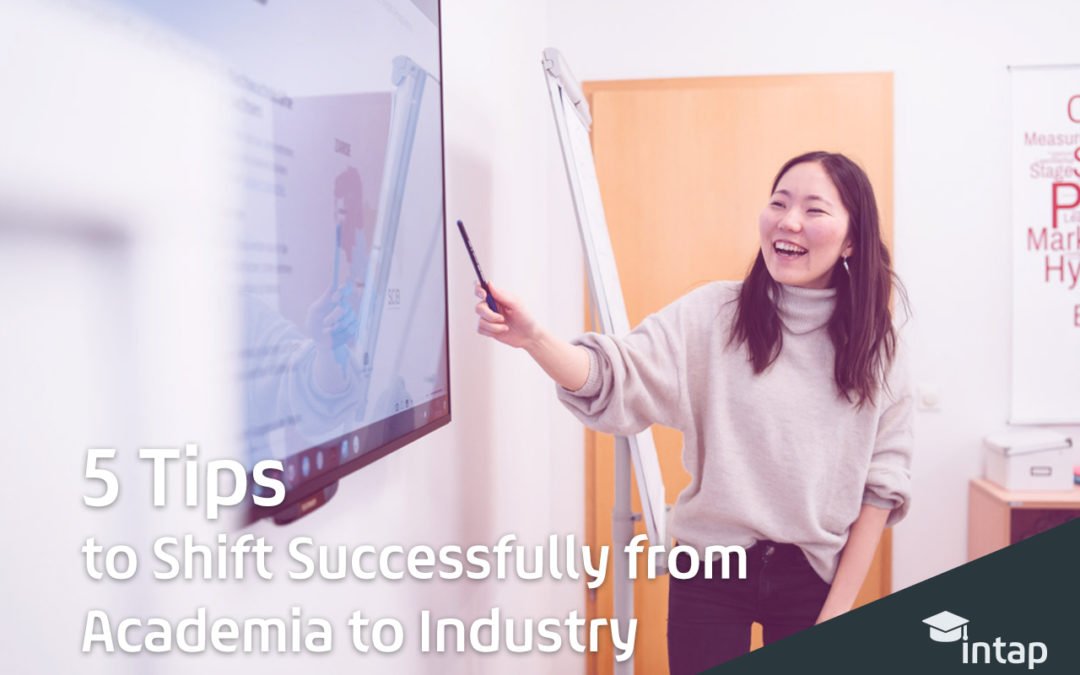There are some massive contrasts between the Academia and the industry. One has to not only flip their CV, but also their mindset! As Jody Hedlund quotes;
”As Ofttimes we cannot change the entire direction of a route already set in motion. But we can do our small part to shift the path one degree at a time.”
Here are 5 tips to ease this transition for you;
1. Know what you want
Self-assess yourself, understand your skills and what you can offer to an industry. Before you start looking for positions and get overwhelmed, look at your own skill set. Use self-assessment books or meet a consultant to help you out. Its important to start early so you don’t make hasty decisions under pressure.
2. It is not what you have achieved, rather what you can offer
Once you have assessed yourself only then start writing your CV. This is your first chance of an impression to the company. It’s important to realise that the industry is more interested in what competences you can offer to them, rather than what you have achieved. This is the first big difference between the two sectors.
Of course you should mention some of your achievements, but make sure they are relevant to the job you are applying for. Choose the top 3 and summarise them in your CV.
Gain knowledge and develop skills that you may not have during your research:
- Management skills
- Interpersonal skills
- Commercial knowledge
Part time jobs or online courses can help you achieve this, rank them in your CV.
3. Observing and connecting with people from your potential industry
The most useful information comes from people who are working in your career field. Therefore, connect with professionals from industries you are interested to work in. This is called ‘’Informational interviewing’’. Look at their CV, understand the skills that you lack and ask them questions about their industry.
Also, reading personal blogs and asking fellow Scientists about their own journeys and experiences can guide you towards your unique path. One can learn so much from other’s personal experiences.
4. Network Network Network
One can’t stress enough about the importance of Networking. Did you know that 70% of jobs don’t even reach the internet? Networking can help you in several ways:;
- To connect with other job seekers in your industry
- To find more candidates for ‘’Informational interviewing’’
- Career specific events and workshops can horn your skills and knowledge for the industry you want to work in
- You can build connections with HRs in your field
Visit Career events, create your LInkedin profile or transition your existing one using the tips mentioned above. Networking is always the key to finding jobs.
5. Finally It’s all about you
To practice for your first interview, ask yourself questions more related to you and less related to science. Think of times you failed and how you overcame that failure. Prepare yourself for abstract questions.
Feel free to let the interviewer know if you don’t know a particular answer or start with ‘I don’t know but I guess this could…’. Sometimes the interviewer is more interested in the way you come up with an answer rather than the answer itself.
Need further help with this transition? Check out this video for some more tips or use our consultation sessions for personalised assistance.

intap helps you connect with companies in Sachsen through;


